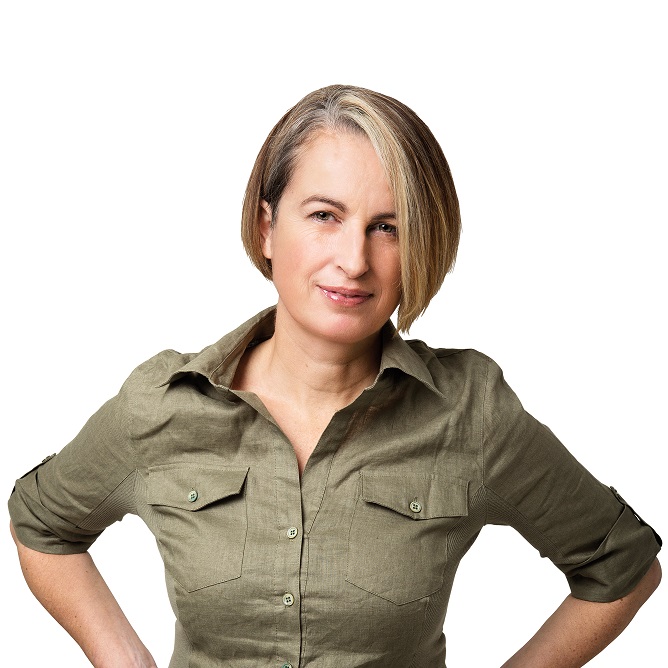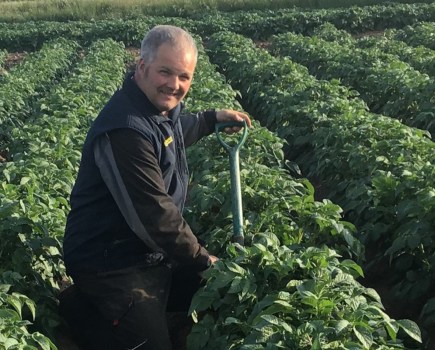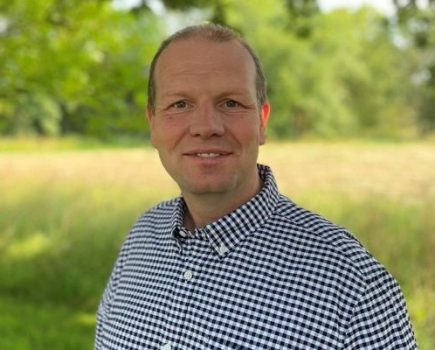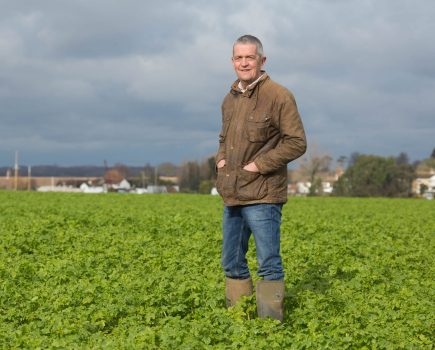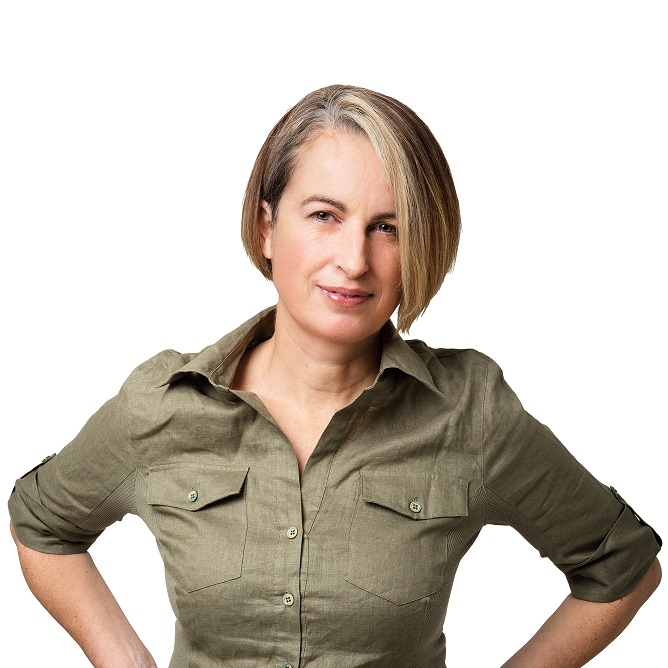 It’s hard to define what it is that makes some people driven to push boundaries. For Jeff Bezos, it’s making commercial space travel a reality. For Elon Musk, it’s finding new frontiers – even to the point of aiming to build human settlements on Mars and other planets in case there’s an extinction event on Earth. For Tim Lamyman, it’s about trying to grow record-beating crops. The clock ticks differently in every one of us.
It’s hard to define what it is that makes some people driven to push boundaries. For Jeff Bezos, it’s making commercial space travel a reality. For Elon Musk, it’s finding new frontiers – even to the point of aiming to build human settlements on Mars and other planets in case there’s an extinction event on Earth. For Tim Lamyman, it’s about trying to grow record-beating crops. The clock ticks differently in every one of us.
It’s fairly indicative of the way times have changed that it was with a degree of trepidation that I set pen to paper after visiting Worlaby Farm last month. As other magazines went to press, the predictable outcry on social media began – yield was dethroned as King and the mood was ‘off with their heads’ if you remain true to old ways.
I also felt conflicted because yield hasn’t been King in the pages of CPM for a long time, yet Tim’s achievements are notable. Profitability and sustainable practices trump yield, though productivity and profitability can also go hand-in-hand. What doesn’t often come over in press reports is that the Lamyman crops we all hear about are grown with the intention to try and smash records – it’s not every field on the farm that is lavished with inputs at the same level.
Whether growing a crop to beat records offends your values or not, if you look past the inputs then the thought processes and attention to detail that Tim has are, to me, the real story. I’m not sure I’ve ever seen NDVI images of field after field which are absolutely uniform green in colour. No reds, no yellows, just green – even on the headlands. With varying soil types – four in one of the fields – and varying depths of soil across fields, that takes some doing. The homework he does on varieties, the way he considers their morphology and meticulously calculates seed rates – that’s all impressive.
The arable industry is brimming with innovators of many different types and the learning never stops. People have different values and motivations which lead to different farming systems and goals. So while agreement can’t always be reached across the spectrum of arable-culture, we’re all in it together and it’s both sad and unnecessary to tear one another down as so frequently seems to happen.
There’s a saying which goes: “The most fatal illusion is the settled point of view. Since life is growth and motion, a fixed point of view kills anybody who has one.” When Tim was asked what it was that defined his farming, he answered: “Not being afraid to say I made a mistake and treating them as learning curves.” That, I think, speaks volumes.
My highlight of the month was visiting Bill Clark at the new NIAB HQ a couple of weeks before he retired. He’s been part of the fabric for my whole agronomy/journalistic career, so I’ll definitely miss his no nonsense, down to earth approach and willingness to give a practical interpretation of the science.
His frank account of his 44 years and the progress, or lack of progress, made in the field of fungicide resistance is thought-provoking and sobering. With a clutch of new fungicide actives either just approved or coming soon, there’s a real danger the industry will let its guard down, see great results and breathe a sigh of relief – forgetting that it’s actually a false dawn and that, in Bill’s words, there are no more cavalry coming over the hill.
I love his idea of ‘intelligent mixtures’ and the notion that this is the first and last opportunity we have to really slow down the evolution of fungicide resistance. It’s also unlikely to be achieved due to the commercial reality of the world we live in. The balance of mixtures is something else Bill talks about and how each component should be equally effective to help alleviate selection pressure. Look around at the actives we have available today and it’s evident this is difficult to achieve – even formulated products and co-packs can fall miserably short of the mark. It’s little wonder we’re still chasing the Red Queen.
All in all, there’s plenty to chew over in the pages of CPM this month. Another quote that comes to mind and sums up nicely: “Progress is impossible without change, and those who cannot change their minds cannot change anything.”
Based in Ludlow, Shrops, Lucy de la Pasture has worked as an agronomist, while among the Twitterati, she’s @Lucy_delaP.
lucy@cpm-magazine.co.uk

